こんにちは!ペタエリ英語のペータ(@peta_eri)です!
今日は教科書ではまず習わないであろう表現 “I’m rubber, you’re glue” や “stick and stones” という英語表現についてエリンに教えてもらったのでまとめますよ!
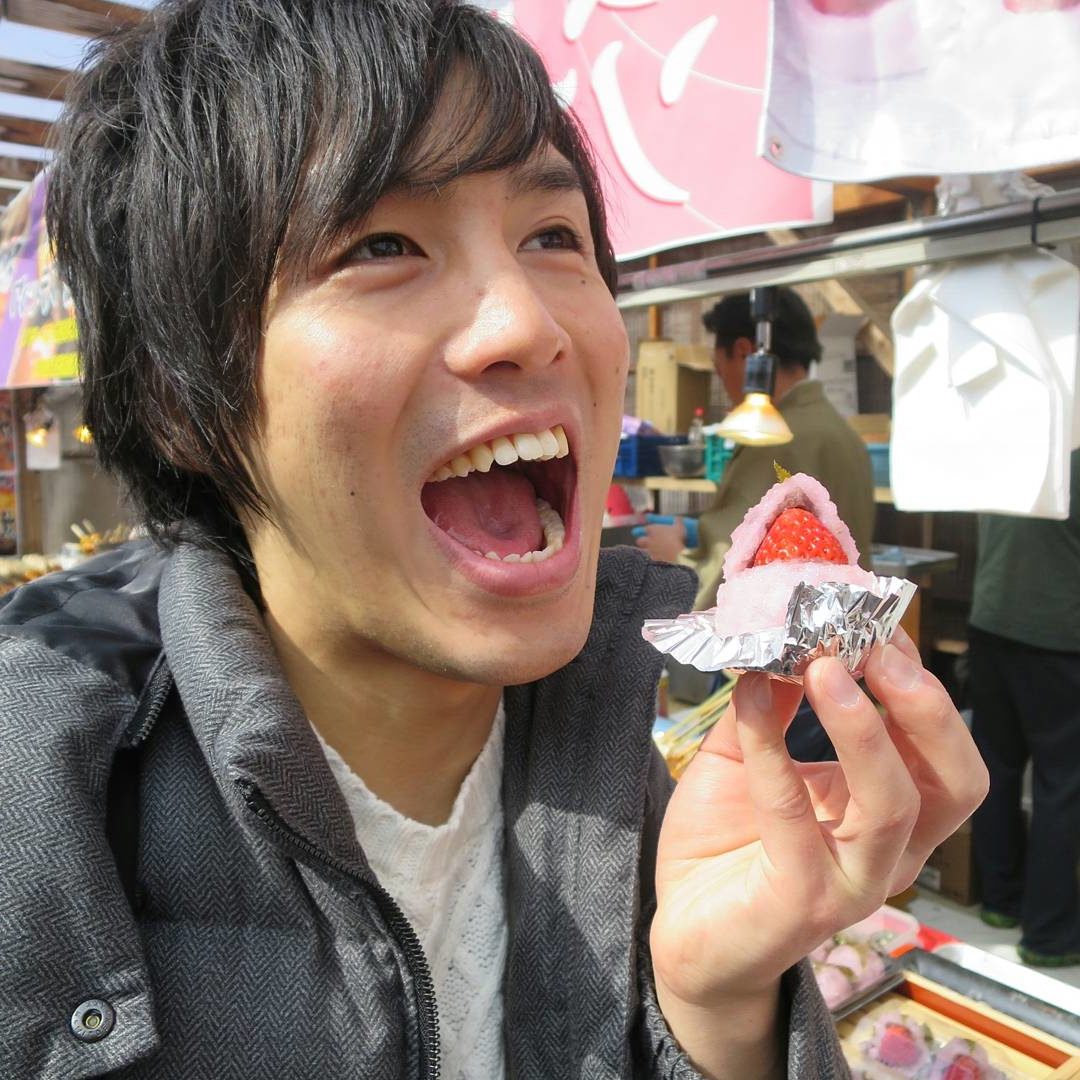
“I’m rubber, you’re glue” とは

“I’m rubber, you’re glue.” は
“I’m rubber, you’re glue. Whatever you say bounces off me and sticks to you”
の略で、直訳すると、「私はゴムで、あなたは糊。あなたの言ったことは私から跳ね返ってあなたにくっつく」という意味のフレーズです。
主に子どもの口げんかで、悪口に対して言い返すときに使われます。
たとえば、AちゃんがB君に対して ” You’re so stupid, B.”(B君、あんた本当に馬鹿ね)言ったとします。
するとB君は “I’m rubber, you’re glue.” (その言葉、そっくりそのままAちゃんに返すよ)といって言い返したりします。
“I’m rubber, you’re glue; whatever you say bounces off me and sticks to you” is a school-ground retort used by children to suggest that one’s insults are being ignored by the intended recipient of the insult and counter that the insult rather refers to the insulter.
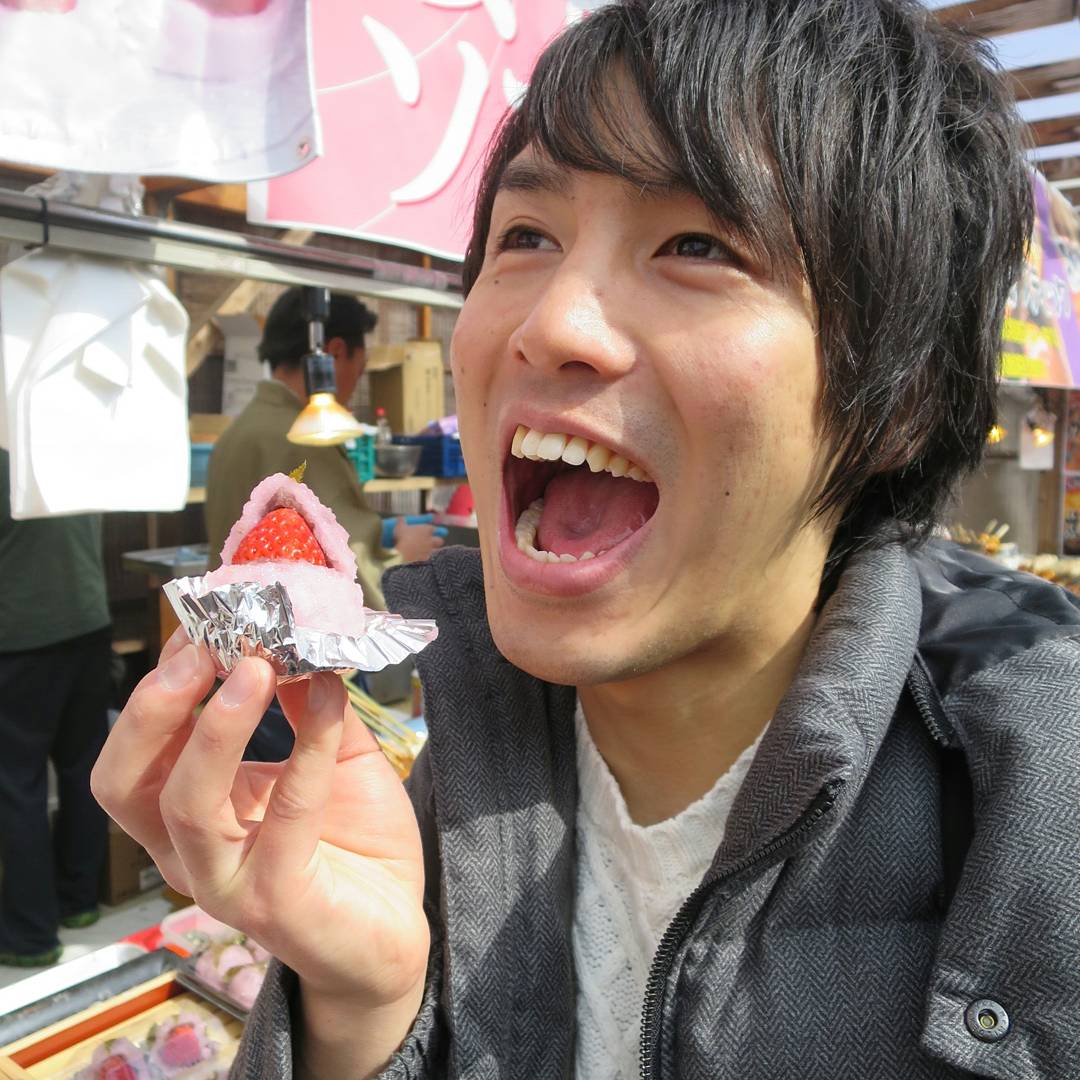
「○○君のばーか」
「ばかって言った方がばかなんだよー」みたいなもんか
それって子どもしか使わないの?

すごく子どもっぽい表現だから大人はまず使わないかな。
冗談でなら使うこともあるけどね。

まぁ、確かに「バカっていたほうがバカなんだよー」なんて言ってるやつがいたら引くわな。
そういえばシットコムのフレンズで子供じみた喧嘩の時に何度かでてくるけど、いつも皮肉として使われてるよね。
Ross:: Excuse me, uh, that’s, that’s my puck.
Kid: I found it. Finders keepers, losers weepers.
Chandler:You gotta do it, man.
Ross:Oh yeah? Well, I’m rubber, you’re glue, whatever. Listen, uh, give me back my puck.
Kid::No.
Ross:Yes, how about. Come here. Give me!
引用元:フレンズ シーズン1第4話 The One With George Stephanopoulos(ロスと小さな子供がアイスホッケーのパックの奪い合いの喧嘩をしているシーン)
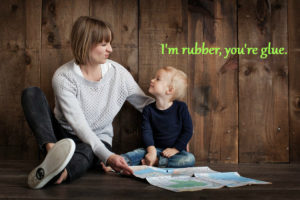
Stop picking your nose, Dustin! You’re so gross!
(鼻ほじくるのやめてよ、ダスティン!気持ち悪いな!)
I’m rubber, you’re glue!
(気持ち悪いって言ったほうが気持ち悪いんだよー)
I’m gonna tell Mom on you!
(ママに言いつけるからね!)
Your T-shirt is so lame, you know that?
(あんたのTシャツださすぎるよ)
Yeah, yeah. I’m rubber, you’re glue. I think mine is better than yours.
(はいはい。その言葉、そっくりそのまま返すよ。あんたのよりましだと思うけど)
“sticks and stones” とは

“sticks and stones” も “I’m rubber, you’re glue.” と同じように子供の口喧嘩で使われることがあるフレーズです。
元々は “sticks and stones may break my bones, but words will never hurt me.” の略で、直訳すると「棒や石だったら私の骨を折ることができるかもしれないが、言葉では全く傷つかない」という意味で、意訳すると「悪口なんか言われたってへっちゃらだよ」といったかんじになります。
こちらも子供っぽい表現になるので大人はまず使いません。
(ジョークとして使うことはあります。)
Sticks and stones
A shorthand way of referring to the phrase “sticks and stones may break my bones, but words will never hurt me,” a childish rebuttal to teasing or other harsh speech.


You’re so ugly and stupid!
(不細工ばか!)
Sticks and stones!
(痛くもかゆくもないもんねー)
今日の一言

いかがでしたか?
マジの口調で言ってたら引かれるけど、ジョークとして使ってみたらウケるかも…?
それでは、【”I’m rubber, you’re glue” とは? “sticks and stones” って?意味と使い方をネイティブが解説するよ!】でした!
Have a good one!
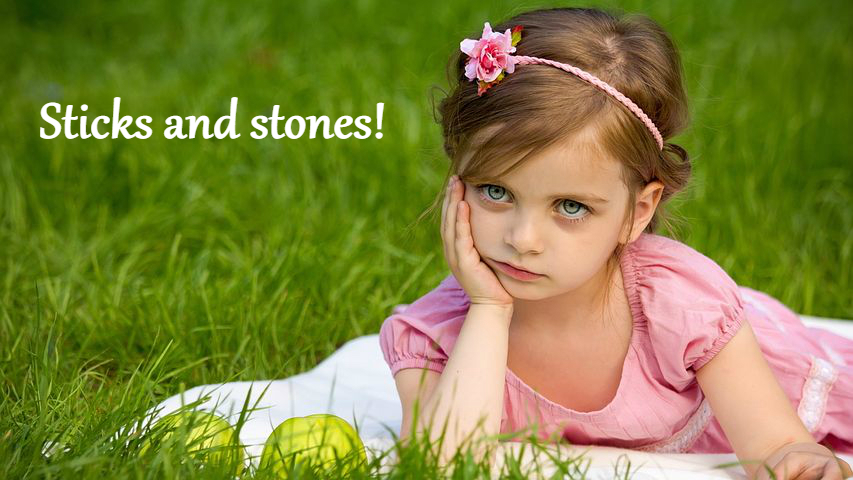
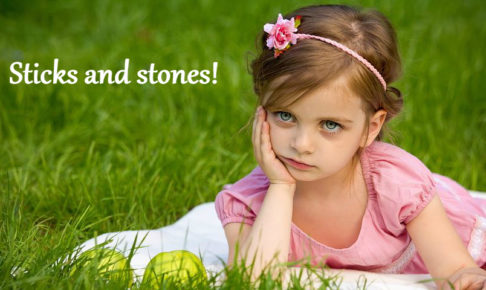





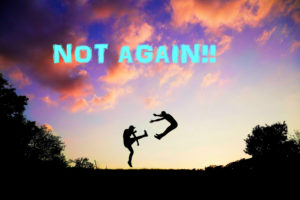
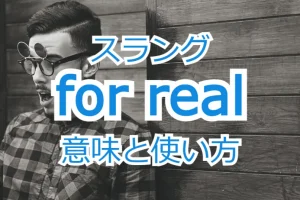


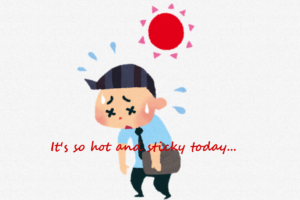
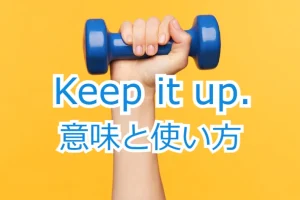
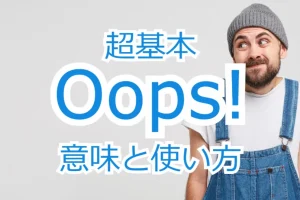

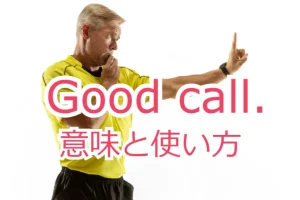
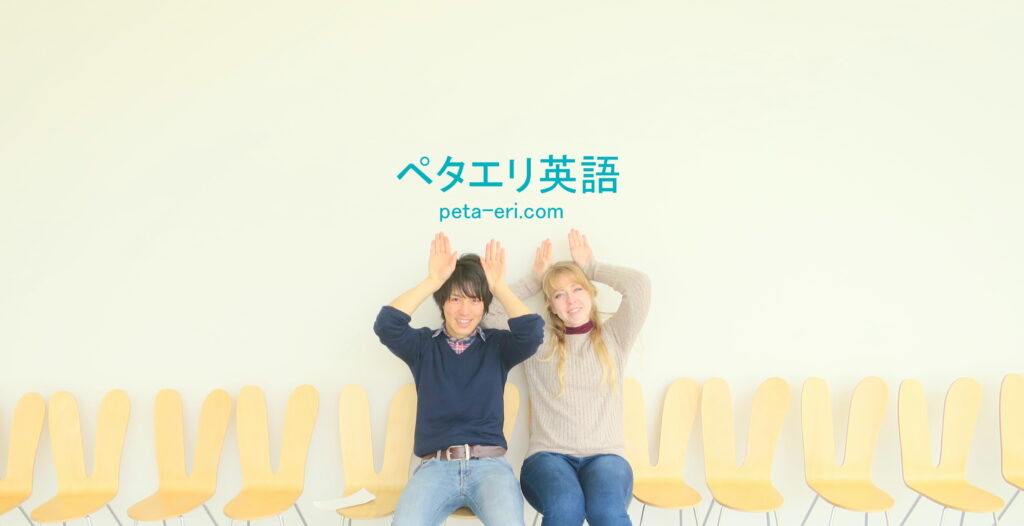
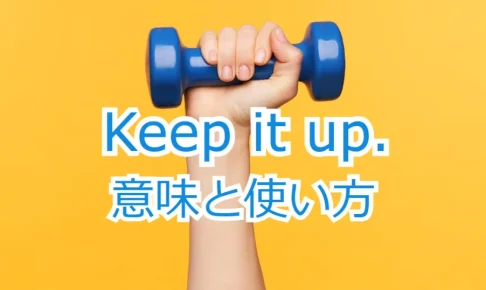
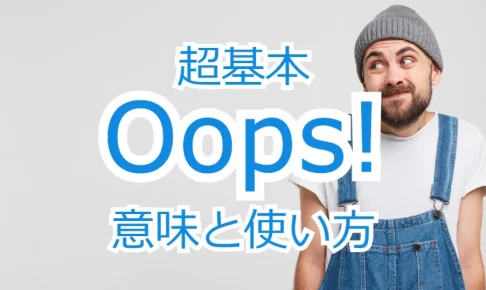
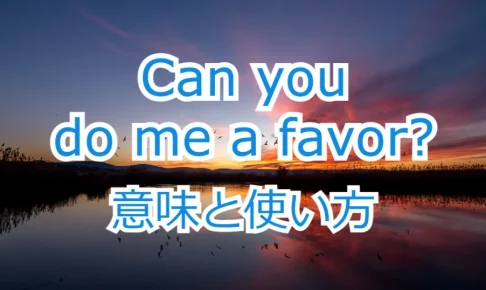
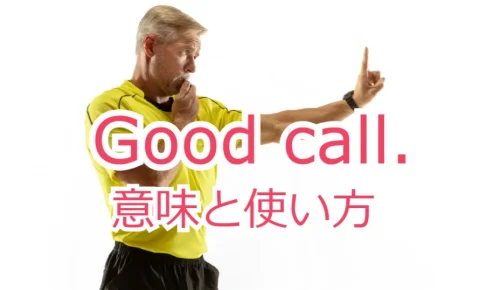

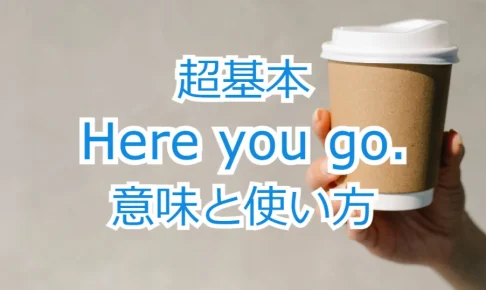
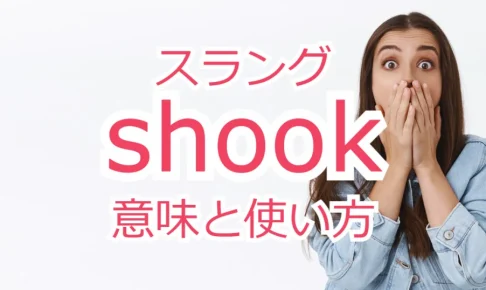
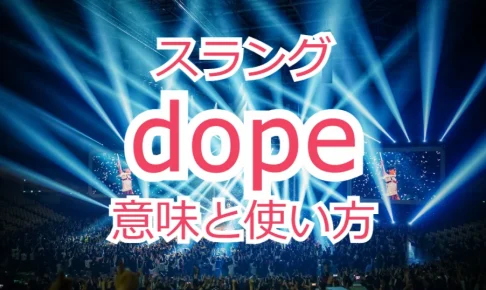
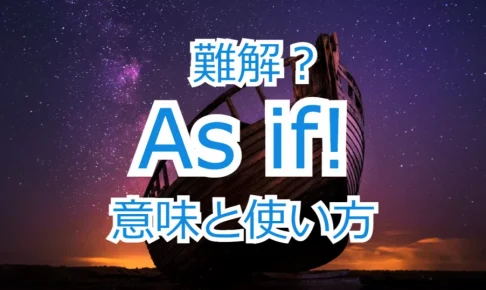
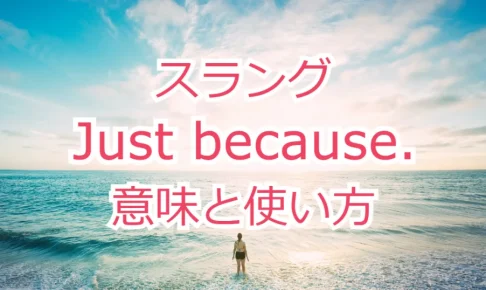










[…] I’m rubber, you’re glue とは? sticks and stones って?意味と使い方をネイティブが解説するよ! […]